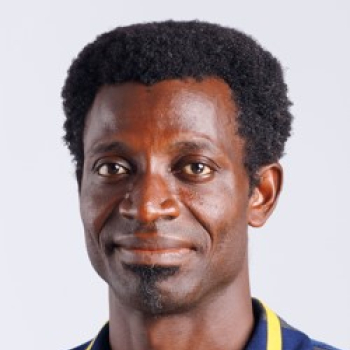Decolonising Ghana parliamentary dress code

Decolonising Ghana parliamentary dress code
Dress fashion has sociocultural, economic and political expressions. In the political purview, dress fashion remains a viable catalyst capable of provoking dialogue for democratic action as people could proclaim their allegiance to a group or country through their dress fashion. In Ghana, there have been several attempts to decolonise the dress fashion culture. This study sought to deepen the advocacy dialogue through analysis of Facebook reactions to Right Honourable Alban Sumana Bagbin’s adornment of indigenous Ghanaian royal dress regalia for parliamentary business and his clarion call on the floor of Ghana’s parliament on January 25, 2022, on the need to decolonise Ghanaian parliamentary dress code. Through the adoption of a mixed approach situated within the convergent parallel research design, censused Facebook reactions of Ghanaians regarding Speaker Bagbin’s clarion call were examined. Sentiment analysis was used as the data analysis tool. The study revealed Ghanaians' overwhelming endorsement and commendation for Speaker Bagbin’s adornment of indigenous Ghanaian royal dress fashion for parliamentary business. The study concluded that Ghanaians are clamouring for parliamentary dress code decolonisation as part of the pragmatic steps to revamp the sickening textile and fashion industry to deal with increasing fashion needs of the people. To ensure exemplary leadership of wearing made in Ghana by the legislature, executive and other arms of government to push the decolonisation agenda beyond mere rhetoric of wear Ghana, is to make the practice statutory. In that regard, Ghana’s parliament must make laws to make what the executive, legislature and judicial wear in discharge of their duties in the public sphere statutory to contribute to developing the textiles and fashion industry for job creation, preservation of Ghanaian cultural values and national identity.
